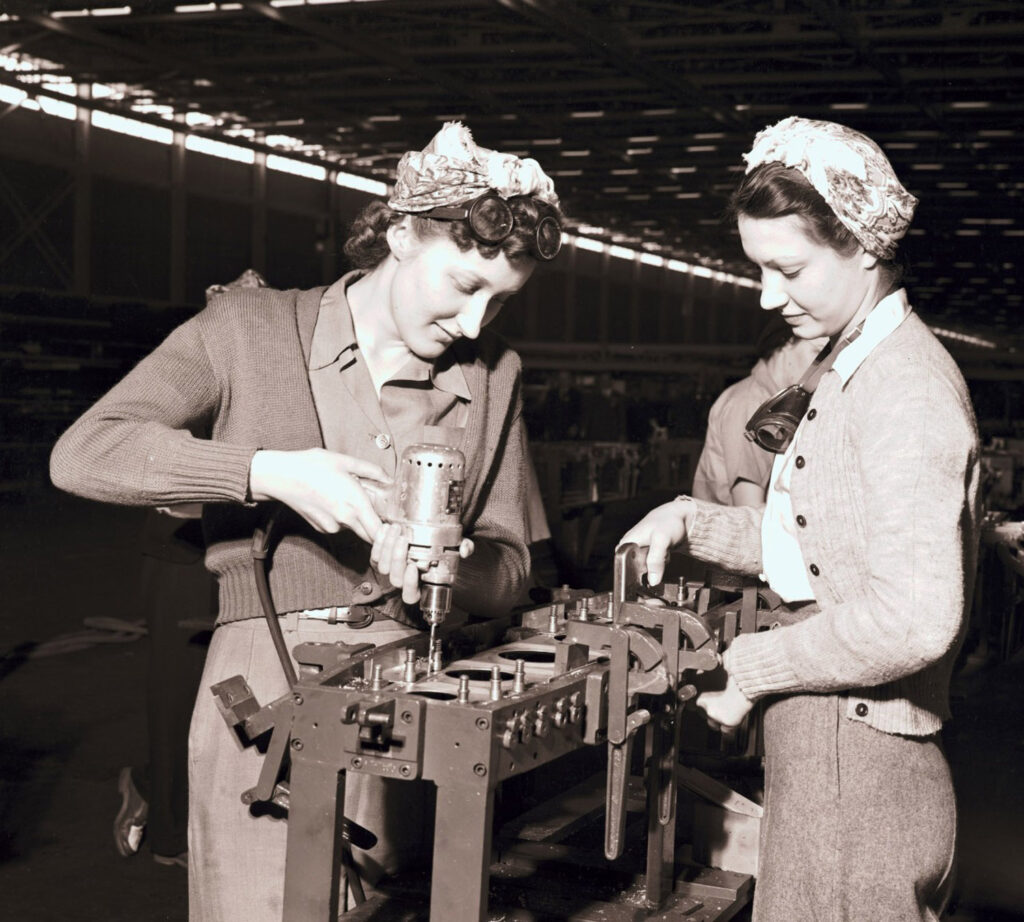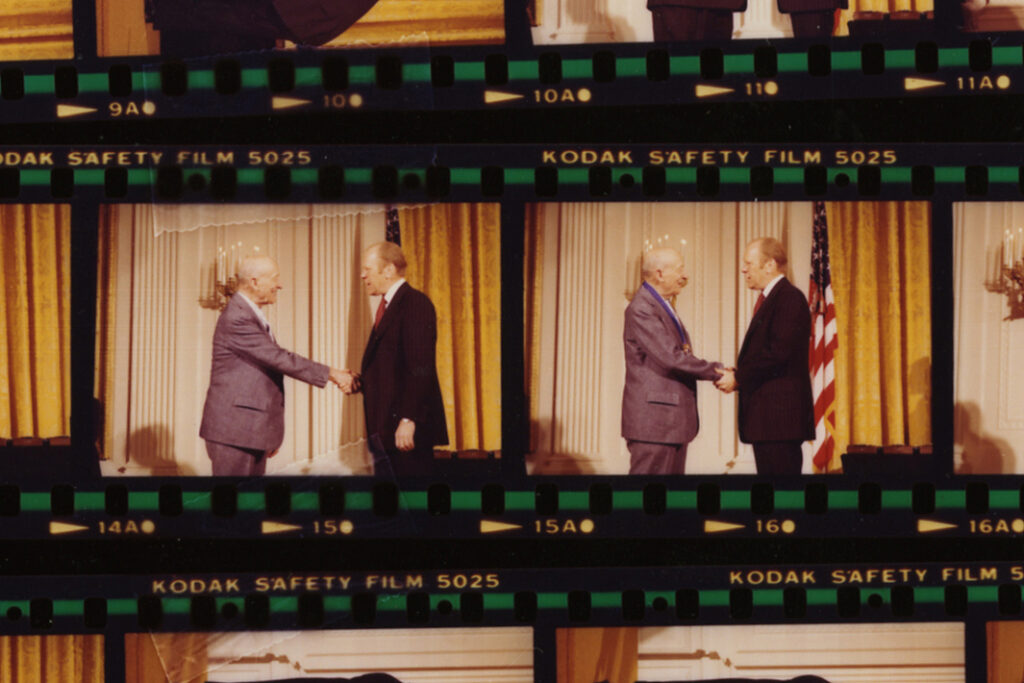Rosie the Riveter is one of the most recognizable figures in American history. But she wasn’t just one person. She represented millions of women who kept the war effort running at home. One of the real life Rosies was Rose Will Monroe, a factory worker at Michigan’s Willow Run Air Force plant.
Michigan’s got our own Rosie the Riveter! pic.twitter.com/HXjJnWmBsh
— Michigan Enjoyer (@mich_enjoyer) April 3, 2025
Rose was a single mother who moved to Ypsilanti to work at Willow Run assembling B-24 bombers. Like many women at the time, she took on a role traditionally held by men and underwent training in mechanics and manufacturing to meet the demands of wartime production.

Willow Run was an industrial powerhouse that produced one B-24 bomber every hour. The Ford Motor Company even created a school to train its workers, a third of whom were women, in the mechanics of these massive aircraft.
These women did everything from bookkeeping to welding. Rose hoped to train as a pilot, but as a single mother, she wasn’t eligible. Instead, she stayed on the factory floor—until an unexpected opportunity came along.

Hollywood actor Walter Pidgeon was visiting Willow Run to film a war bond commercial. When he met Rose, he saw a real-life example of the “Rosie the Riveter” song recently popularized by The Four Vagabonds. She was cast in his film, making her one of several women who helped bring the character to life.
Later in life, Rose finally achieved her dream of flying, earning her pilot’s license in her 50s. Even after her death in 1997, Rose Will Monroe is still remembered as one of the many real Michigan women who helped win the war.
Anna Bassols is a contributing writer for Michigan Enjoyer.




